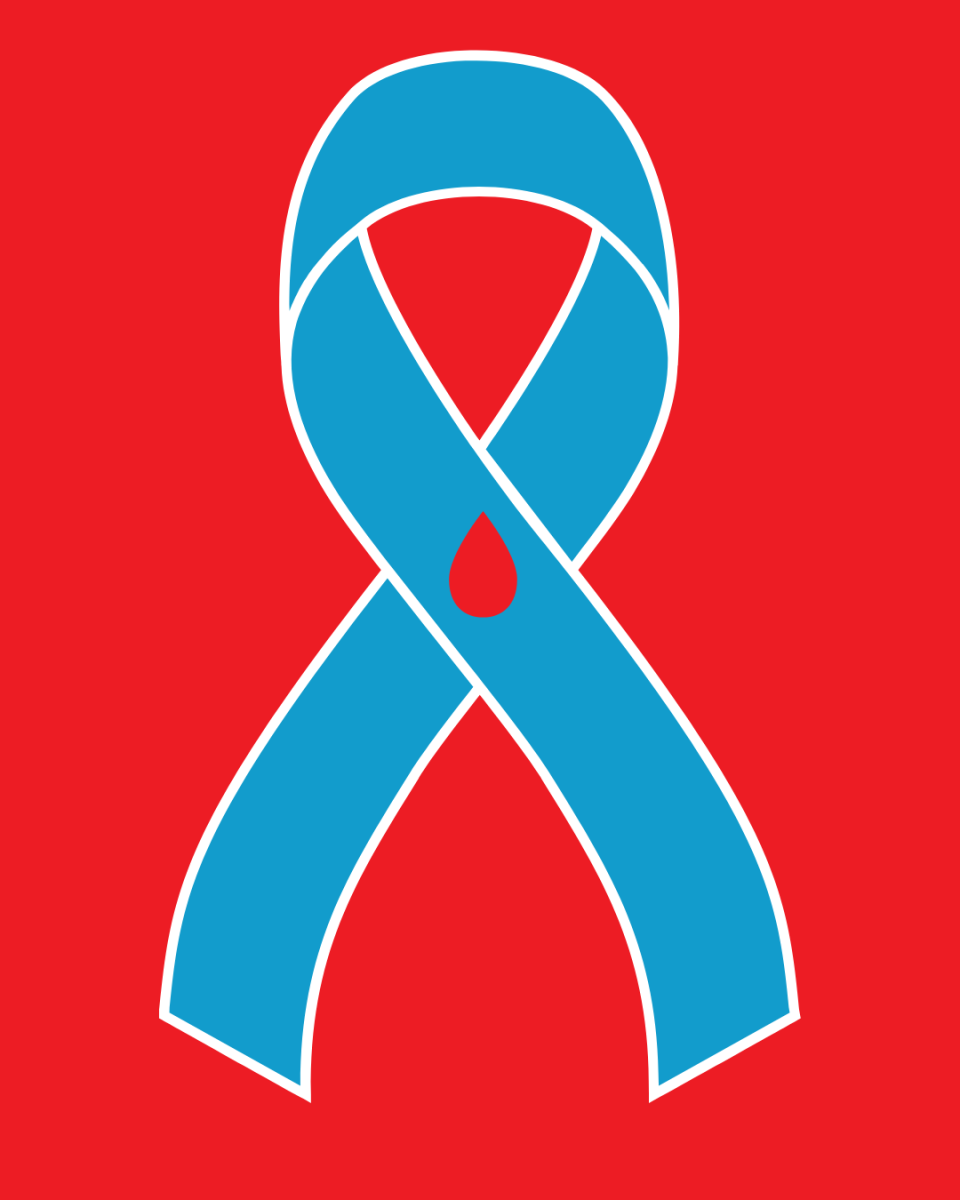November is American Diabetes Month, an annual time to spread awareness and education of the disease and to recognize those who live with it every day. According to the American Diabetes Association, 1.2 million Americans are diagnosed each year, with an additional 97.6 million American adults living with prediabetes.
Diabetes is a common condition, and while college students may not be at risk for developing diabetes right now, it is important to recognize those with the disease and become familiar with preventative measures.
Sophia Tritto, a sophomore elementary education major, is well aware of diabetes and its impacts, as both of her parents and grandparents have diabetes. She notes that, overall, diabetes calls for a lifestyle change, especially regarding diet.
“A lot of it is eating healthier; sometimes you have to change the way you prepare meals,” Tritto said. “I eat a lot healthier now ever since my parents were diagnosed, just because they’re trying to protect me from having it when I’m older.”
Damian Francis, director of GCSU’s Center for Public Health and Social Issues, observed that 11 -12% of Americans are living with diabetes. He urges that because it affects so many people, college students need to be aware of it.
“I think as future leaders in various capacities, college students should be aware that diabetes is a common condition, one that, of course, can be prevented, and one we can also manage,” Francis said.
According to Francis, there are three different types of diabetes: Type 1, Type 2 and gestational diabetes. Type 1, often called insulin-dependent diabetes, occurs when the pancreas organ does not produce enough insulin, a hormone critical for regulating blood sugar levels.
Type 2 diabetes is often referred to as non-insulin dependent diabetes, where the body makes some amount of insulin, but that insulin is either blocked or not made in sufficient qualities. When there is an excessive amount of fat stored in the abdomen, insulin resistance can develop, preventing insulin from reaching the body.
The third type is gestational diabetes, which can occur during the onset of pregnancy as a result of hormonal changes.
“I think that people should be aware of the different types, who they affect, and that there is something we can do about it,” Francis said.
A part of GCSU’s Diabetes Prevention Program, the Center for Public Health and Social Issues at GCSU does semesterly health screenings in the community for Type 1 and Type 2 diabetes. In Spring 2024, the Center, with the help of volunteer GCSU nursing students, hosted screenings at the Collins P. Lee Center, Cafe Central, Taste and See Plant Based Eatery, the Milledgeville Mall, Dublin’s Saint Patrick’s Day Festival and the Art Healthy Festival
“At the age group of between 19 and 23, people are usually very active, even if they are eating terribly, and there’s something about age that serves as a protective factor,” Francis said.
At GCSU, the Public Health Student Organization (PHSO) hosts the annual Dunk for Diabetes event, which raises awareness and funds for research on Type 1 diabetes. Dunk for Diabetes will be held on Nov. 22 at 4 p.m. on Court One of the Wellness and Recreation Center and will feature prizes for the winners and a raffle to win a YETI cooler.
Kimberly Griffin, a nurse practitioner at GCSU’s Student Health Services, believes that part of diabetes awareness is taking steps to prevent it, such as watching what you eat and exercising regularly.
“Especially in the Southeast, in a state where diabetes is so prevalent, students need to be aware of it and how to prevent it,” Griffin said.
Aside from GCSU, other counties, cities and organizations in Georgia host awareness and fundraising events during November. Some of these events include the Diabetes Awareness Health Fair at Emory University in Atlanta, a 5K Walk for Diabetes hosted by the Diabetes You Can Win Foundation in Gwinnett County and the 2024 State of Diabetes event held by the American Diabetes Association.
“It’s important for students to be aware of diabetes because it is something that can come unexpectedly, and giving it a dedicated month just serves as a yearly reminder that it is a thing that we should be aware of,” said Emmie Carter, a sophomore middle-grade education major.


